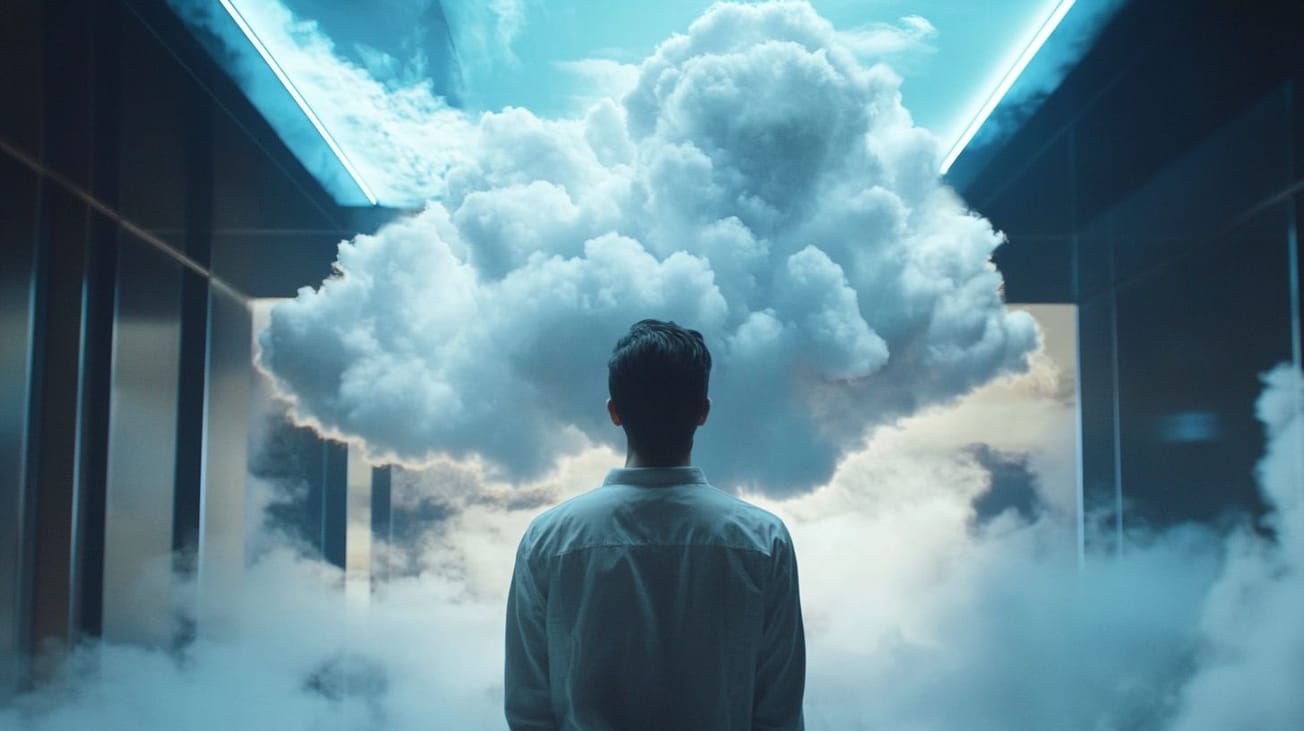SpaceX's highly anticipated launch of its Starship spacecraft and Super Heavy rocket was postponed on Monday morning due to technical difficulties. The launch, which was supposed to mark the first fully integrated flight test of the reusable transportation system, was scheduled for 8:20 a.m. Central Time from SpaceX's Starbase in Texas. However, SpaceX confirmed that it had to stand down from the attempt due to a frozen valve on the Super Heavy booster. Elon Musk tweeted about the delay and stated that "recycling propellant" would take at least 48 hours before they can attempt another flight test.
The Starship spacecraft and Super Heavy rocket are designed to carry both crew and cargo beyond Earth orbit, including destinations such as Mars and beyond. The fully integrated transportation system is reusable, making it more cost-effective than traditional spaceflight vehicles that can only be used once.
Despite this setback, SpaceX has been successful in previous launches of its Falcon 9 rockets and Dragon spacecraft for NASA's Commercial Crew Program. Its reusable Falcon 9 rockets have launched dozens of satellites into orbit while also delivering cargo supplies to the International Space Station (ISS).
SpaceX's goal is not only to make space exploration more affordable but also more accessible by enabling humans to become an interplanetary species.
Monday's planned launch would have marked a significant milestone for Elon Musk’s company as it aimed for a successful demonstration of Starship’s capabilities ahead of future missions. The mission intended not just testing out propulsion systems but also avionics software upgrades necessary for orbital missions.
The first test flight did not include landing attempts or any other recovery efforts because this mission mainly focused on testing how well all aspects worked together during ascent into orbit aboard Super Heavy booster.
However, with today’s postponement news coming just weeks after another failed attempt at launching its SN11 prototype rocket earlier last month – which ended in an explosion – there may be concerns about whether or not SpaceX will be able to deliver on its promises.
Despite these setbacks, Musk has remained optimistic about the future of space exploration and the potential for human colonization of Mars. The Starship spacecraft and Super Heavy rocket are just two pieces of a larger vision that includes establishing a permanent human settlement on Mars in the coming decades.
SpaceX's Starship is also designed to be capable of carrying up to 100 people per trip, making it one of the most ambitious transportation projects in history. This would enable not only scientists but also civilians to become space travelers, further democratizing access to space exploration.
The success of SpaceX's Starship program could transform not only space travel but also other industries such as telecommunications and satellite launches. With reusable rockets becoming more commonplace, the cost barrier for launching satellites into orbit will be significantly lowered, resulting in cheaper internet services and better connectivity around the world.
Today's postponed launch may have been disappointing for those eagerly following SpaceX's progress, it is important to remember that setbacks are an inevitable part of any ambitious project. As Musk himself has said before: "Failure is an option here. If things are not failing, you're not innovating enough."
While technical difficulties have delayed SpaceX's first fully integrated flight test of its Starship spacecraft and Super Heavy rocket system, this setback does not detract from the company’s ambitious vision for space exploration. The reusable transportation system has already shown great promise through previous successful launches by SpaceX’s Falcon 9 rockets and Dragon spacecrafts delivering cargo supplies to ISS. The ultimate goal remains democratizing access to interplanetary travel with plans for humans settling on Mars becoming a reality within our lifetime being constantly pushed forward thanks in part due Elon Musk’s unrelenting optimism towards achieving this goal despite recent failures which he sees as necessary steps towards innovation.
SpaceX engineers conduct fueling test instead of Starship launch
SpaceX's highly anticipated launch of its Starship spacecraft and Super Heavy rocket was postponed on Monday morning due to technical difficulties. The launch, which was supposed to mark the first fully integrated flight test of the reusable transportation system, was scheduled for 8:20 a.m.





